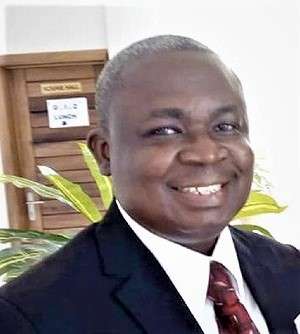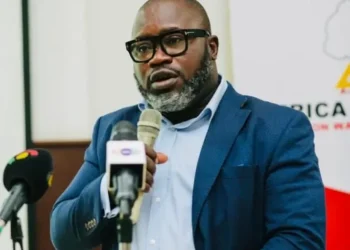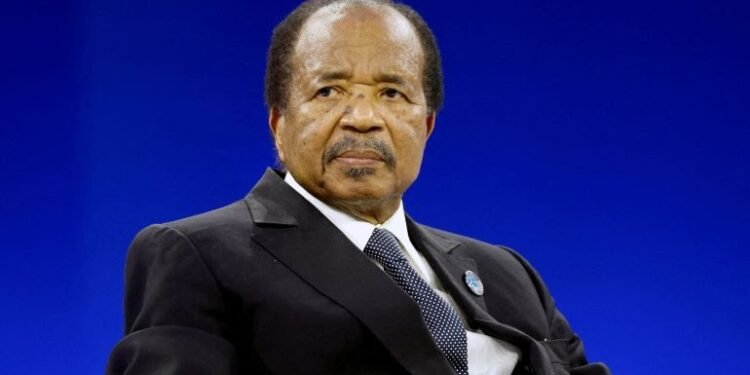The Association of Health Service Administrators Ghana (AHSAG) has called on the government particularly the Health Ministry to immediately review its directives asking various health facilities in the country to bear the cost of their utility bills.
The Association in a statement issued by its President Fred Effah Yeboah following its 46th Annual General Conference and Continuing Professional Education held in Abokobi in the Greater Accra Region strongly asserted that the directives would have a severe impact on the day-to-day administration of the various health facilities in the country.
According to the Association of Health Service Administrators Ghana, serious operational difficulties have already begun since the government directed the various health facilities to take over payment of utility bills in June 2023.
“We note with concern that the offloading of the payment of electricity bills from the Central Government to Health Facilities in June 2023 is already taking a heavy toll on the operations of the Facilities with reported cases of disconnections from the grid by the Electricity Company of Ghana (ECG).
“AHSAG therefore calls on the Government to urgently review this directive. Alternatively, Health Service Providers should be allowed to re-negotiate realistic tariffs with the National Health Insurance Authority taking into consideration the cost of utilities. We believe that this issue needs urgent intervention by the Government to sustain the operations of Health Facilities”.
Fred Effah Yeboah
The Association of Health Service Administrators Ghana further added that the working capital of most of the health facilities in the country may be seriously jeopardized unless there is a large increase in National Health Insurance Scheme (NHIS) charges to cater for the rising utility expenses.

ASHAG Commits To Effective Leadership To Achieve Universal Health Coverage
Moreover, the Association of Health Services Administrators Ghana expressed its commitment to provide a better form of leadership to assist and support government efforts in achieving universal health coverage by 2030.
The statement which was signed by the Association President, Effah Yeboah, stressed that despite several significant challenges confronting the country’s health sector, the Association of Health Services Administrators Ghana is keen on discharging its mandate, particularly at the hospital level to complement the efforts by government and development partners to ensure more targeted resource allocation and utilisation to achieve the goals of the Universal Health Coverage by the targeted year of 2030.
“Universal Health Coverage since the Alma Ata Declaration in 1978, several strategies have been adopted to achieve Universal Health Coverage (UHC). We support the concept of Networks of Practice (NoP) as an effective approach towards achieving UHC by 2030. We recognise, however, that formidable challenges exist in the implementation of the NoP concept including inadequate infrastructure, inadequate supply of commodities, and poor administrative and governance systems”.
Fred Effah Yeboah
In addition, the Association of Health Service Administrators Ghana expressed deep concerns over the rising rate at which health professionals are leaving the country for Europe and America.
According to the Association, the phenomena pose a major threat to quality healthcare delivery in the country and ultimately towards the attainment of Universal Health Coverage by the targeted year of 2030.
The Association thus urged the government particularly, the Ministry of Health to put in place strategic and urgent measures to immediately address the alarming rate of staff attrition in the health sector.
In the meantime, the Association further called on the government to consider granting financial clearance for the immediate recruitment of new staff to address personnel shortfalls in various health facilities.
The statement cautioned that failure on the part of the government to grant financial clearance for the immediate recruitment of new staff for the health sector may have severe consequences on the health of the fewer healthcare providers at the post, in particular, and the larger society in general.
READ ALSO: NPP And NDC Count Their Gains And Losses After District Level Elections























